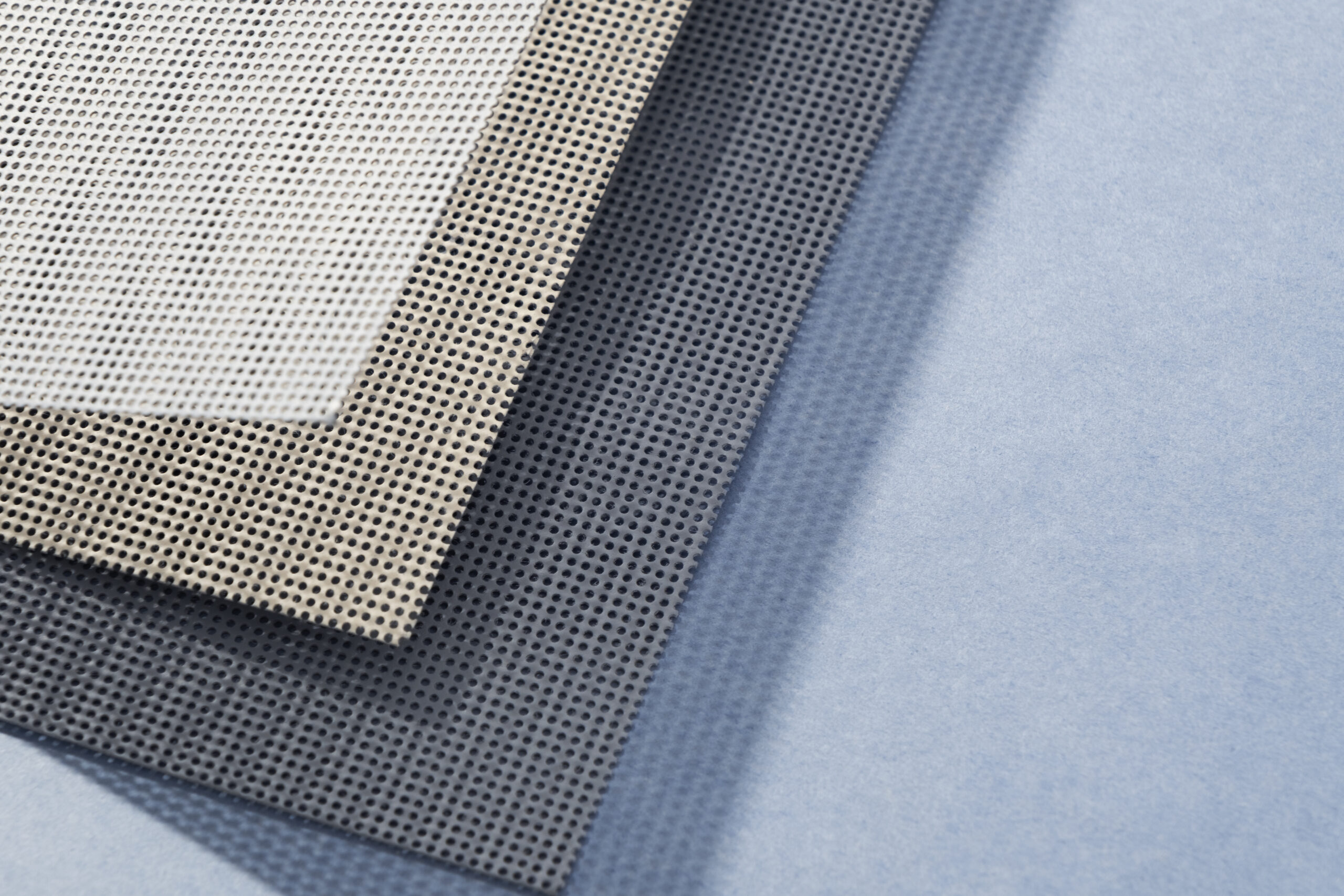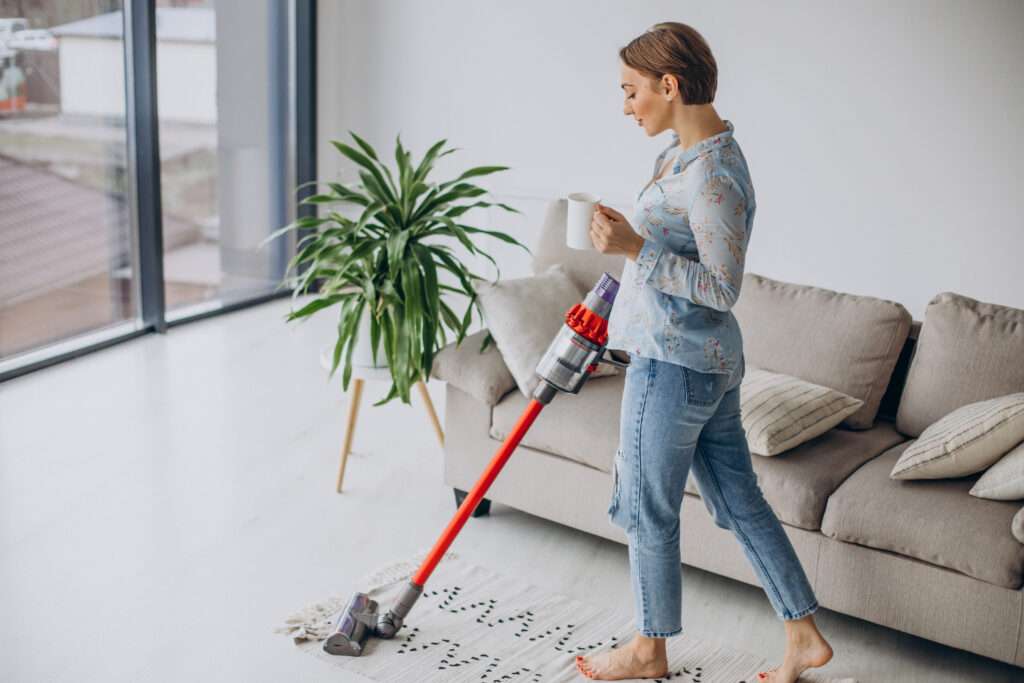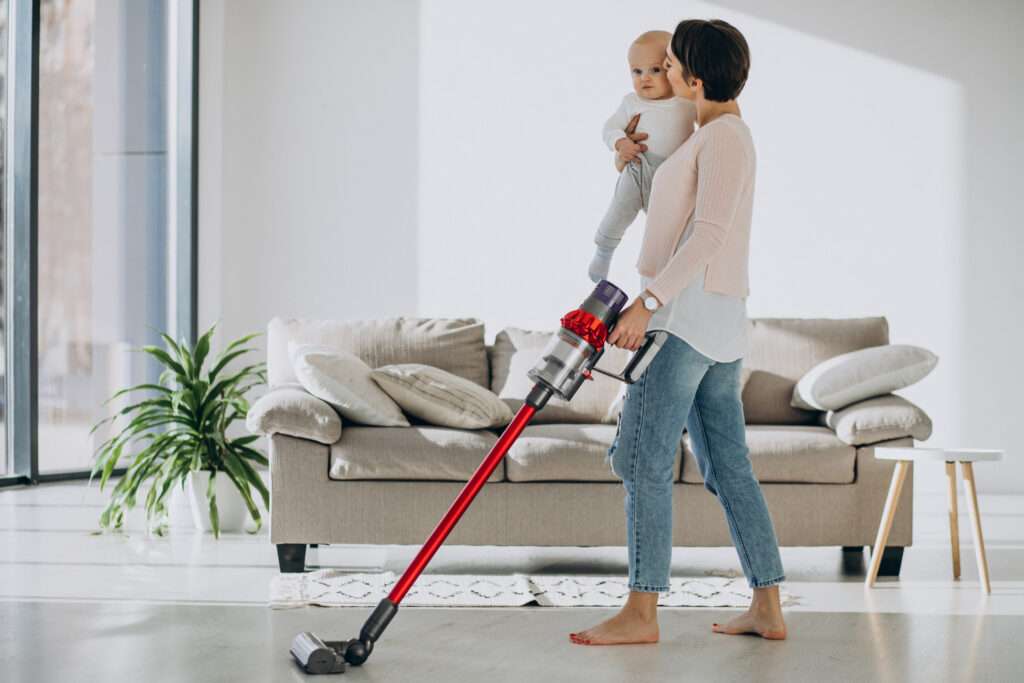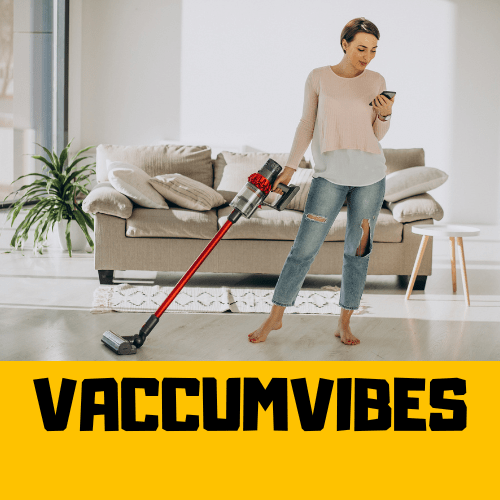
If you are thinking if the vacuum filter affects suction power, then you should consider the effectiveness of a vacuum filter considerably influences its suction power and lifespan. Vacuum filter complements suction power by sucking up and trapping diverse airborne particulate matter and preventing them from getting dispersed back into the indoor air. The design of the filter, the type of the filter, and how well you are maintaining it contribute to the overall influence on the vacuum’s suction power.
You should always try to strike the perfect balance between an efficient filtration system and optimal airflow to extend the lifespan of your vacuum cleaner. The vacuum filter affects suction power since deciphering your respective cleaning needs coupled with regular replacement or cleaning of the vacuum filter maximizes the suction power while ensuring an extended lifespan of your vacuum cleaner.
Keep reading to gain a clear understanding of how the vacuum filter affects suction power in detail and how different maintenance mechanisms impact the effectiveness of various vacuum filters.
Table of Contents
What is a vacuum’s suction power?

Vacuum cleaners, irrespective of their type, have been engineered to suck up and trap diverse airborne particulate matter, dirt, solid debris, and liquid spills, from various surfaces of living rooms or commercial spaces. Thus, the suction power is the prime indicator of the power and performance of the vacuum cleaner. When you are trying to find an answer to how the vacuum filter affects suction power you are exploring how well the filter can optimize airflow while trapping diverse airborne particulate matter and dirt.
What determines suction power in a vacuum?
The vacuum filter affects suction power and this aspect is also impacted by the efficiency and design of the vacuum cleaner. Innovative and high-end vacuum cleaners come equipped with advanced technologies, for example, multiple-stage filtration, cyclonic action, and a plethora of suction adjustments.
Different suction settings enable vacuum cleaner users to fix the suction power depending on the cleaning environment and the cleaning task. When you are arranging a cleaning session for extracting lighter dust and dirt from upholsteries or curtains then fixing the suction power to a lower setting will be good to prevent damage to curtains and the vacuum cleaner itself.
This convenience of customizing suction power enables users to strike a perfect balance between energy consumption and cleaning performance. Cyclonic action on the other hand filters out dirt from indoor air to decrease the pressure on the vacuum filter and keep the suction power intact for the longest time.
When the degree of efficiency of the vacuum filter increases, the capacity to trap smaller particulate matter increases, but if the airflow gets restricted in this regard, there is a decrease in the suction power.
The power of the motor of the vacuum cleaner measured in ampere or watts also considerably determines the suction power of the vacuum cleaner.
Since bagged vacuum cleaners come with dust bags acting as primary filters, you need to keep a check on the level till the bag is filled. Changing the dust bag before filling is crucial for optimal airflow and uncompromised suction power. On the other hand, bagless vacuum cleaners come with considerably greater suction power.
You need to regularly maintain, replace, or clean the vacuum filter based on the manufacturer’s guidelines to preserve its suction power eventually.
How do I increase the suction power of my vacuum?
- You need to regularly maintain, replace, or clean the vacuum filter based on the manufacturer’s guidelines to preserve its suction power eventually. Maintaining the vacuum filter and setting a strict routine is crucial and the prime requirement to get the best suction power from your vacuum cleaner model.
- Changing the dust bag before filling is crucial for optimal airflow and uncompromised suction power.
- You should check for blockages regularly in the nozzle and tube of the vacuum cleaner and remove all to ensure optimal suction power.
- If you fix your vacuum cleaner settings to the wrong height then also the suction power gets affected, so be sure to adjust height settings properly for a wholesome cleaning experience.
- All the seals of your vacuum cleaner should be intact otherwise the suction power is bound to decrease.
- Make sure to use the right attachments when cleaning various surfaces of your living room or commercial space to enhance suction on specific surfaces.
Different types of vacuum filters
Vacuum filters come in different shapes, designs, types, and filtration capabilities. Some of the common vacuum filters are HEPA filters or High-Efficiency Particulate Air filters, combination filters, mechanical filters, and electrostatic filters. Every type of filter comes with unique features that determine their efficiency in trapping diverse airborne particulate matter of different shapes and toxicity levels.
HEPA filters have been engineered to trap the smallest airborne particulate matter, allergens, and dirt, often as fine as 0.3 microns. In many cases, the dense mess of HEPA filters prevents optimal airflow influencing the suction power of the vacuum cleaner. So nowadays, cleaning enthusiasts and modern homeowners are inclining towards modernized versions of HEPA filters to prevent the airflow from getting restricted.
Mechanical filters designed out of paper, foam, and diverse other porous materials serve the purpose of capturing particles as indoor air passes through these filters. Mechanical filters have proved their efficiency in trapping larger particulate matter but fail to trap the finer dust and dirt particles and thus are not as effective as HEPA filters.
On the contrary, electrostatic vacuum filters employ electric charges to attract and trap particles. Like HEPA filters, these filters are also efficient in trapping the smallest airborne particulate matter, allergens, and dirt, but their design stands in the way of optimal airflow. Some modern homeowners to ensure the longevity of their HEPA filters install a pre-filter that traps larger particles reducing the load on the HEPA filter and using such combination filters, both the airflow and filtration get balanced.
The trade-off between filtration efficiency and airflow and suction power

The relation between airflow, suction power, and filter efficiency is such that when the degree of efficiency of the vacuum filter increases, the capacity to trap smaller particulate matter increases, but if the airflow gets restricted in this regard, there is a decrease in the suction power. On the contrary, a filter with comparatively lower efficiency fails to trap smaller particles but allows for better airflow and often less suction power.
There are high chance that most of the mechanical filters will get clogged within frequent intervals directly hindering airflow and compromising the suction power. But HEPA filters stand out in this case and offer greater efficiency in trapping the finest airborne particulate matters and increasing the suction power yet not restricting the airflow. Innovative and high-end vacuum cleaners come equipped with advanced technologies, for example, multiple-stage filtration, cyclonic action, and a plethora of suction adjustments.
Why regular maintenance of vacuum filters is essential?
You need to regularly maintain, replace, or clean the vacuum filter based on the manufacturer’s guidelines to preserve its suction power eventually. With time, thick black layers of dirt, and trapped debris clog the filters decreasing their efficiency and considerably restricting airflow.
Although HEPA filters in general are not washable and can only be replaced still some filters are washable. You cannot afford to neglect the simple maintenance of vacuum filters to boost suction power and preserve the long life of the vacuum cleaner.
Since bagged vacuum cleaners come with dust bags acting as primary filters before the HEPA filter, you need to keep a check on the level till the bag is filled. Changing the dust bag before filling is crucial for optimal airflow and uncompromised suction power. On the other hand, bagless vacuum cleaners come with equipped filters that demand regular maintenance to function smoothly and seamlessly.
The vacuum filter affects suction power-Conclusion
The vacuum filter affects suction power in several ways although it is not the sole factor influencing the suction power of the vacuum cleaner. When higher filter efficiency restricts airflow then the suction power gets decreased but nowadays high-end vacuum cleaner models come equipped with advanced technologies, for example, multiple-stage filtration, cyclonic action, and a plethora of suction adjustments. You can also install a pre-filter that traps larger particles reducing the load on the HEPA filter and using such combination filters, both the airflow and filtration get balanced.
FAQs
Why the vacuum cleaners have filters?
Vacuum cleaners come with different types of filters to improve the air quality of your living room or commercial space by capturing allergens, dust, and particles during cleaning sessions, hindering their dispersal back into the indoor air taking care of our respiratory health and regulating dust allergies, asthma or respiratory irritations. Vacuum filters also take care of the vacuum’s motor by trapping solid debris from reaching the core and critical parts of the vacuum cleaner, ensuring the long life of the cleaning tool. Vacuum filters also offer you maximum suction power during cleaning sessions by facilitating optimal airflow.

For the past five years, I’ve been engaged as an SEO content writer, specializing in crafting engaging blog posts. My focus lies in meticulously exploring and evaluating household cleaning appliances, particularly those integrated with cutting-edge and emerging technologies.
